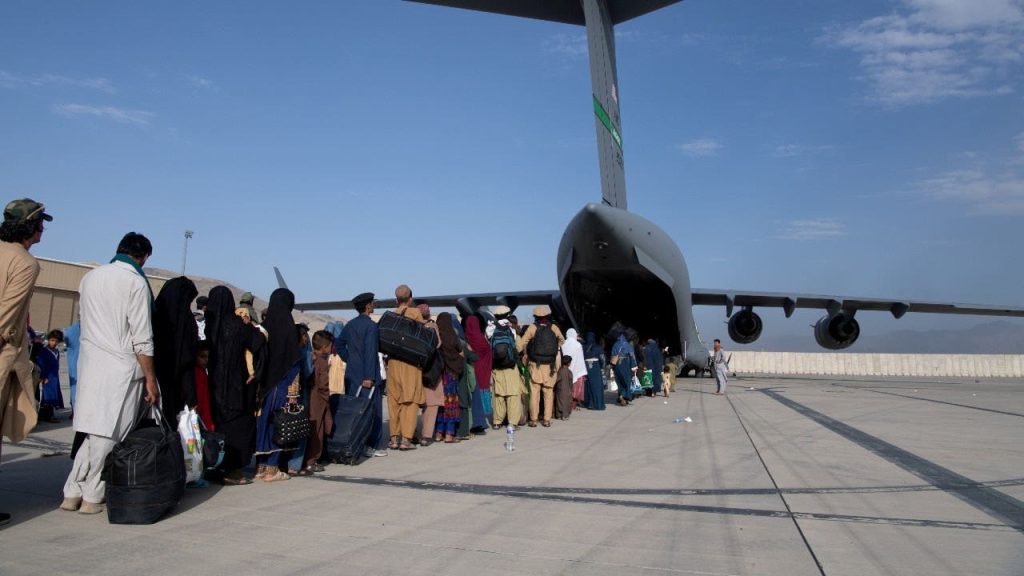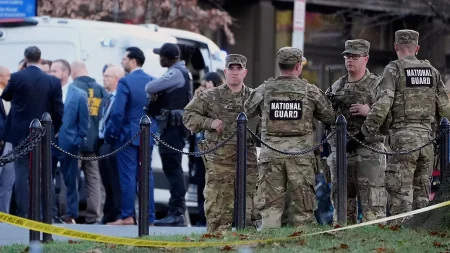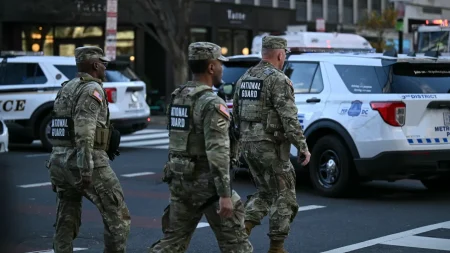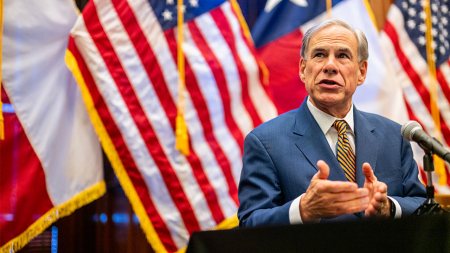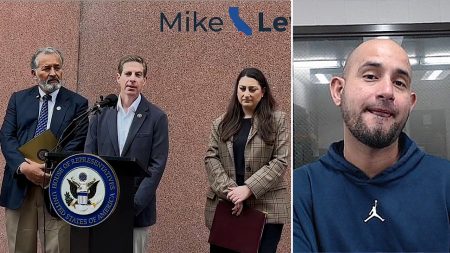The Unraveling of Operation Allies Welcome: Afghan Shooter’s Entry During Biden Administration
In the wake of a shocking attack near the White House, disturbing information has emerged about how the alleged shooter entered the United States. Rahmanullah Lakanwal, a 29-year-old Afghan national accused of critically wounding two West Virginia National Guardsmen, came to America under the Biden administration’s Operation Allies Welcome in September 2021. This program was established during the chaotic U.S. withdrawal from Afghanistan, designed to resettle vulnerable Afghans and allies who had supported American forces. The FBI is now investigating the shooting as a possible act of international terrorism, raising serious questions about the vetting process that allowed Lakanwal into the country.
The humanitarian parole program that facilitated Lakanwal’s entry was part of a massive operation launched by the Biden administration following the Taliban’s takeover of Afghanistan. In September 2021, then-Homeland Security Secretary Alejandro Mayorkas promised the American public that refugees would be “swiftly and safely” resettled after rigorous screening. He emphasized a “robust biometric screening and vetting process” taking place both in transit countries and within the U.S. When questioned directly about security concerns, Mayorkas acknowledged that some individuals had been flagged with “derogatory information” during vetting and consequently denied entry, though he declined to specify numbers. The scale of the evacuation was enormous, with the Air Force reporting nearly 800 aircraft evacuating thousands of people during just a 17-day period in August 2021.
The rushed nature of the evacuation raised concerns at the time about who might slip through the cracks of the vetting system. Mayorkas had assured the public that 400 U.S. Customs and Border Patrol employees and TSA personnel would assist in the screening process, which included housing refugees at designated military bases before their release into the United States. However, the recent shooting has reignited criticisms about the thoroughness of this vetting. Former President Donald Trump, responding to the incident, called Biden “a disastrous president” and criticized the “infamous flights” bringing evacuees into the country, claiming “nobody knew who was coming in, nobody knew anything about it.” This incident has become a focal point in broader debates about immigration and national security policies.
The attack itself appears to have been targeted, with both National Guardsmen shot in the head and remaining in critical condition. FBI officials have provided limited details as the investigation continues, but the proximity to the White House and the apparent deliberate nature of the assault have heightened concerns about possible terrorist motivations. Trump, in his response to the incident, called for a comprehensive reexamination of “every single alien who has entered our country under Biden,” characterizing the situation as “the single greatest national security threat facing our nation.” His strong rhetoric included what appeared to be a suggestion of the death penalty for the shooter, stating the government “will bring the perpetrator of this barbaric attack to swift and certain justice.”
President Biden also responded to the shooting, though his statement came before the revelation about the shooter’s entry under his administration’s resettlement program. “Jill and I are heartbroken that two members of the National Guard were shot outside the White House,” Biden posted on social media. “Violence of any kind is unacceptable, and we must all stand united against it. We are praying for the service members and their families.” The timing of this statement, just before news broke about Lakanwal’s immigration status, has added another layer to the political dimensions of this tragedy. When Fox News Digital reached out to the Department of Homeland Security and former Secretary Mayorkas for comment on this development, no responses were received before publication.
This shocking incident has sparked renewed debate about the balance between humanitarian obligations and national security concerns. Operation Allies Welcome was created with noble intentions – to protect those who had supported American forces in Afghanistan and faced potential persecution under Taliban rule. Yet the entry of an individual who would later allegedly commit violence against American service members raises profound questions about the effectiveness of the vetting procedures implemented during the rapid evacuation. The Pentagon, State Department, and Department of Homeland Security had all played roles in establishing the procedures that were meant to identify security risks while facilitating the resettlement of deserving allies. As this case unfolds, it will likely prompt a thorough review of these procedures and consideration of how humanitarian programs can better protect both refugees and the American public.





